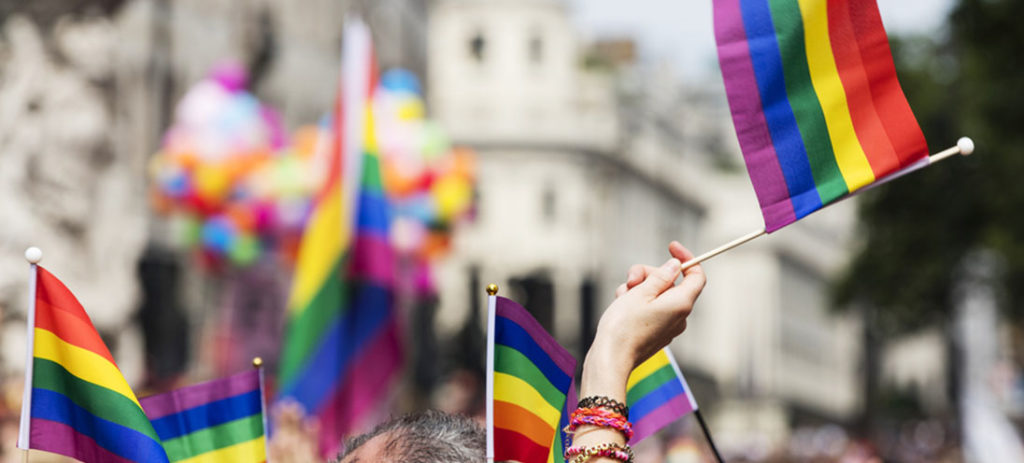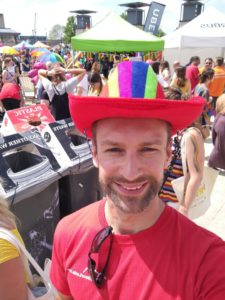
During my twenties, the internet was a bit more of ‘a thing’ and I’d signed up to a few online Gay communities. It was here I was able to put in information about hobbies, so in went ‘camping, cycling, snowboarding, climbing’, raising the flag to see if I could find other like-minded souls. For a long time, I didn’t, but eventually someone reached out to me from a newly formed organization OutdoorLads. It was for gay men interested in outdoor pursuits and he wondered if I’d be up for coming to their ‘Spring Camp’ in the Lake District. I signed up, headed off for the weekend on my own and was greeted by something like fifty other gay men from across the country who were also into the great outdoors. We hiked, camped and socialized and I finally felt like I’d found my crew!
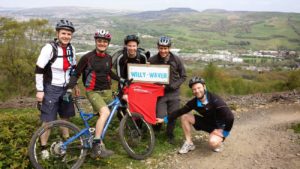
However, there is a long way to go yet, not least in the world of sport, and in particular in cycling, which is where my passion lies. It was only this year that the first professional cyclist, 19-year-old pro cyclocross racer Justin Laevens from Belgium has come out as gay. This is the first person in the sport that I love that I can really call a role model, and he’s twenty years my junior! It absolutely astounds me that we have had to wait so long before someone has had the courage to come out at the top of the sport.
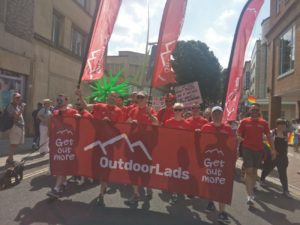
There are numerous advantages to finding this place of belonging and community. The statistics of depression and loneliness amongst gay men makes for grim reading. Gay men are twice as likely to self-harm and twice as likely to to experience depression or anxiety than straight men, and seven times more likely to consider suicide. Members of OutdoorLads say that they now feel more positive about the future, that it provides positive role models and that they feel more part of a community. That’s a powerful change brought about by belonging which goes to show why visibility matters. In the same vein, this is why it’s important for gay professional sportsmen and those successful in other walks of life to come out: it says you can be a part of this club and it’s okay to be the way you are!
It would be remiss for me to leave out a couple of other organizations more recently putting us gays on the map, raising our profile and giving us space to find community. PrideOut has begun to champion the LBGT+ cause in cycling and Unicorns in Tech the same for technology professionals, and for that I thank them. Being visible and promoting LGBT+ people in these spaces shows that it’s a welcoming and open community.
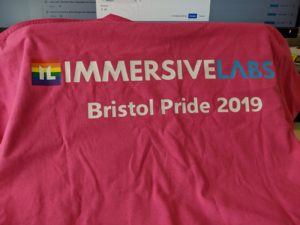
Being so open means that just about anyone I work with will know that I’m gay and that has some benefit. It means they know that it’s totally okay for them to be their whole self around me and that, however they identify and whatever their quirks might be, that it’s a safe space. I’m proud to know other LGBT+ people within our organization and glad that they too feel comfortable enough to be open. I’m glad we can do our bit to say it’s alright to be you when you’re with us.
